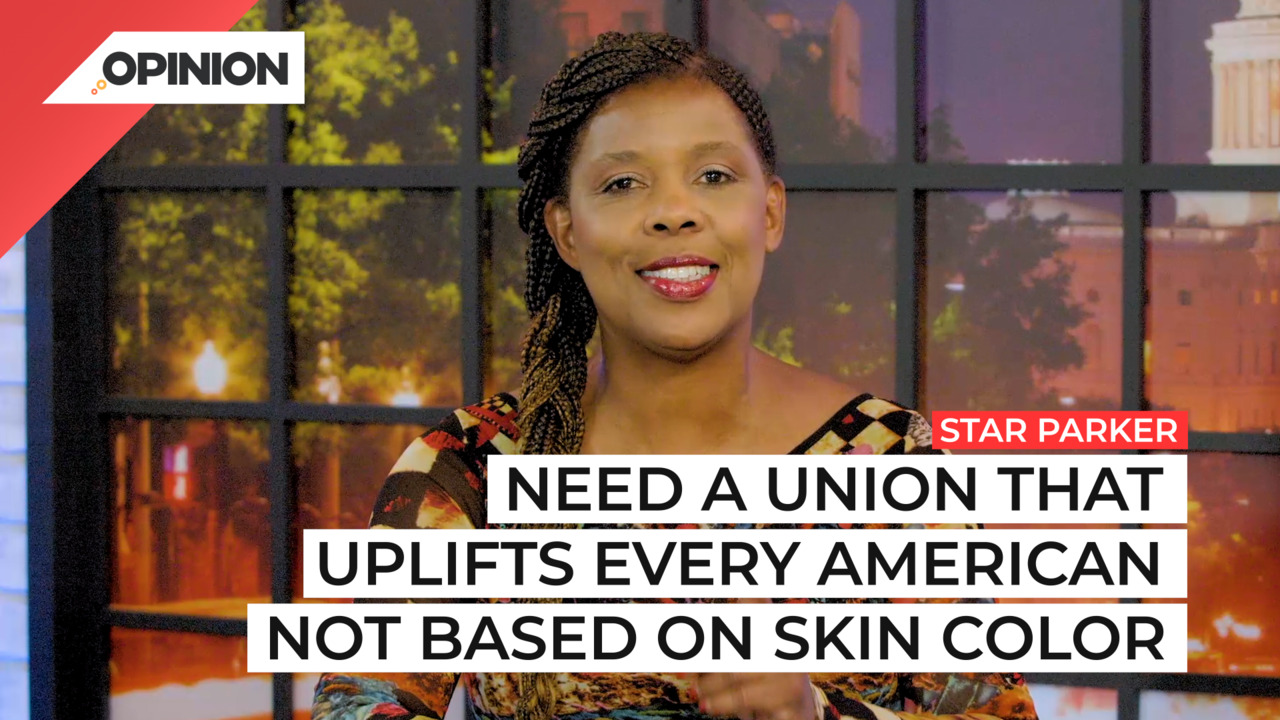The U.S. Supreme Court will be hearing arguments in two affirmative action cases at the end of October to decide whether or not race should play a role in college admissions at Harvard University and the University of North Carolina at Chapel Hill. These cases could go against past rulings that allows colleges to consider a student’s race when deciding which students should be admitted. The lawsuits were brought by the anti-affirmative action organization Students for Fair Admissions, which is hoping to reverse policies determined by another Supreme Court ruling in 2016 involving the University of Texas. In that case, the court upheld race-conscious admissions policies by a narrow 4-3 margin, but the three dissenters are now joined by Justices Neil Gorsuch, Brett Kavanaugh and Amy Coney Barrett, all Trump appointees.

Commentary
-
Our commentary partners will help you reach your own conclusions on complex topics.
Universities across the nation will be on watch as this debate rages at the highest court on the highest level on an admissions policy that’s been in effect for most of our universities for more than 60 years.
As noted in the Washington Post, I don’t often quote the Washington Post, but they said that this case is making what could be the last stand for affirmative action in public university admissions.”
The reason they said that is remember last time we had this go-around at the court one of the Supreme Court justices said, “We’ve gotta do this race-baiting stuff for another 25 years.” But you know what? This “last stand” could be a better opportunity for us to evaluate where we are today in terms of race, where we are today in terms of education, where we are today in terms of higher learning.
An opportunity to chart a new path perhaps, to go forward, instead of continuing this ill-informed path of the past that we’ve got to consider race in everything we do because some people just can’t self-govern. They don’t have the capacity to make right choices. They don’t have the capacity to bring themselves up to standards. That’s what the left is really saying when they keep insisting we need affirmative action policy in the country. There are just some people who can’t do it so we got to lower our standards.
To be sure, we must have a discussion on how to open the doors for every American to reach their God-given potential. But undermining equal treatment for all and compromising standards of excellence in the pursuit of knowledge is not one of the ways to build a civil and healthy society.
After the Civil Rights Act was signed into law, as a people, we should have done what Dr. Martin Luther King Jr. himself said. He said in his “I Have a Dream” speech, go back into the communities and build, because once the Civil Rights Act was signed into law, we as a nation no longer should’ve been looking at race as a special interest. Through all of these race programs, we should not have been thinking about race as a collective.
In fact if you look at that speech of Dr. Martin Luther King Jr., it was broken down into three parts. First he did speak to the nation about their blank check, about the race policies in the South.
Then he spoke to the Negro who was [unintell] and then he spoke to the nation’s Christians, people like himself and said, now let’s roll up our sleeves and get the hard part done, which is to make sure we incorporate everyone as Americans into this beautiful melting pot and dream.
Individually, of course, we’re uniquely made. There’s some beauty in all of us, and ethnicity has that attribute itself.
We want to become race blind but we also don’t want to keep focusing. After the death of King, who removed those barriers. His march was about removing those barriers. Progressives took us down a whole different path. The perception of racism became a business, because we started down this path of putting an emphasis on race.
Next thing you know, we had affirmative action programs, racial preference programs.
And now you fast-forward that to today. There are very few discussions that can take place without emphasizing race. It has hurt us as a nation.
It has kept this heavy emphasis on special interests, on ethnicity that the Dr. King movement was to remove those barriers. Instead of focusing on the color of our skin, let’s perhaps move forward in our thinking. Let’s rethink how we evaluate our students for college admissions.
I’m hoping that the Supreme Court takes the opportunity to dig deeper than they did last time to say do we really need 25 years to figure out that people of all ethnicities can pursue their dream, that they can find themselves, that they have the capacity to self-govern?
We need to move to one that aids our country’s noble pursuit of truth. We need a system to build a more perfect union when it comes to what we’re learning in our colleges but also how our students are getting to college.
We need a union that uplifts every American, not based on the color of their skin, you’ve heard it before again and again, but on the content of their character.
-
Trump, Bondi crack down on sanctuary for criminal migrants
Attorney General Pam Bondi announced that the Justice Department (DOJ) is suing Chicago, along with the states of Illinois and New York, as part of the Trump administration’s crackdown on undocumented immigrants and jurisdictions that restrict cooperation between federal immigration agents and local police. President Donald Trump has frequently criticized Chicago and Illinois for having… -
President Trump leads with bold action
The first few weeks of President Donald Trump’s second term have sparked a range of public controversies on everything from the Jan. 6 pardons to the abrupt shutting down of USAID and a constitutional crisis between the branches of government. But while Democrats raise alarms over these and other concerns, Republicans are celebrating the achievement… -
Voters are demanding a global course correction
The reelection of President Trump in the U.S., along with the rise of far-right populist figures like Javier Milei in Argentina, Giorgia Meloni in Italy, and Conservative Party leader Pierre Poilievre in Canada, reflects a growing backlash against traditional politicians. Economic struggles, frustration with government “elites,” and debates over cultural issues like gender ideology are… -
Why Trump is right to take aim at federal DEI programs
The new Trump administration is cracking down on the federal government’s diversity, equity and inclusion (DEI) programs, including in the military and in the Department of Education. Trump officials are ordering all federal DEI employees to be placed on leave and eliminating DEI considerations in hiring following an executive order the president signed on his… -
President Trump should reverse Biden’s abuses and protect human life
Donald Trump campaigned on leaving abortion laws for individual states to decide for themselves, but critics say that will be a tough position for him to maintain while president as he faces Republican pressures to enact stricter federal anti-abortion policies. President Trump’s Department of Health and Human Services has taken down the federal government website…
Latest Opinions
-
 Getty Images
Getty Images
USDA pauses scholarship funds directed toward HBCU students
-
 Reuters
Reuters
Trump returns to CPAC, criticizes Biden and comments on Ukraine deal
-
 AP Images
AP Images
Trump’s Department of Justice removes database tracking police misconduct
-
 Getty Images
Getty Images
DOE to investigate Maine Education Department over trans athletes, Title IX
-
 Reuters
Reuters
New coronavirus discovered in bats similar to COVID-19
Popular Opinions
-
In addition to the facts, we believe it’s vital to hear perspectives from all sides of the political spectrum.






